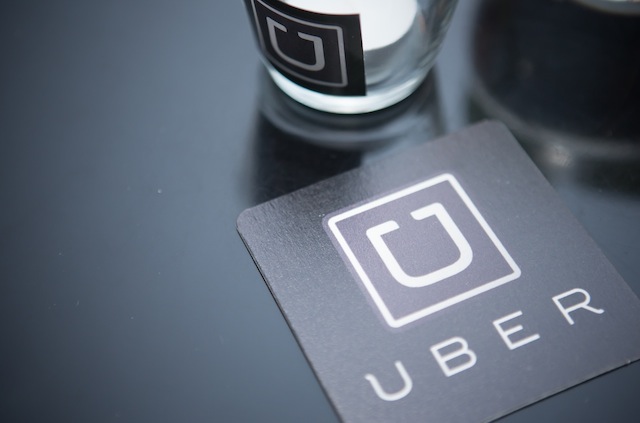Yesterday reports emerged that the icon of the disruptive economy, ride sharing service Uber, lost 1.2 billion dollars in first six months of this year.
Those losses show disruption doesn’t come cheap, although settling the damaging and costly battle with China’s Didi Chuxing will help the company’s cash burn.
Despite on track to lose at least two billion dollars this year, the company still has a substantial war chest having raised $8.7 billion dollars in debt and equity raisings over the last eighteen months.
While impressive, that war chest will only last four year at current rates and, given Uber’s already sky high 60 billion dollar valuation and the increasingly hostile Silicon Valley fund raising environment, it will be a relief to investors that the China battle appears settled.
There remains though an ongoing weakness in Uber’s business however with the company reportedly spending hundreds of millions a year in subsidies to drivers in key markets. How sustainable their business is remains to be seen.
In many respects Uber is following the Amazon example of beating down competitors by selling products at deep losses thanks to its access to capital and investors’ tolerance for building marketshare.
As we’ve seen with Amazon, that tactic has been wonderfully effective both in retail and in providing cloud services. For customers and the economy though, the reduced choices in the marketplace may end up not being in their interests.
Uber is an interesting experiment in how far the Amazon model can be pushed, for cities and states dealing with a deeply disrupted taxi and city transport network the results of that experiment may be telling.

Leave a Reply